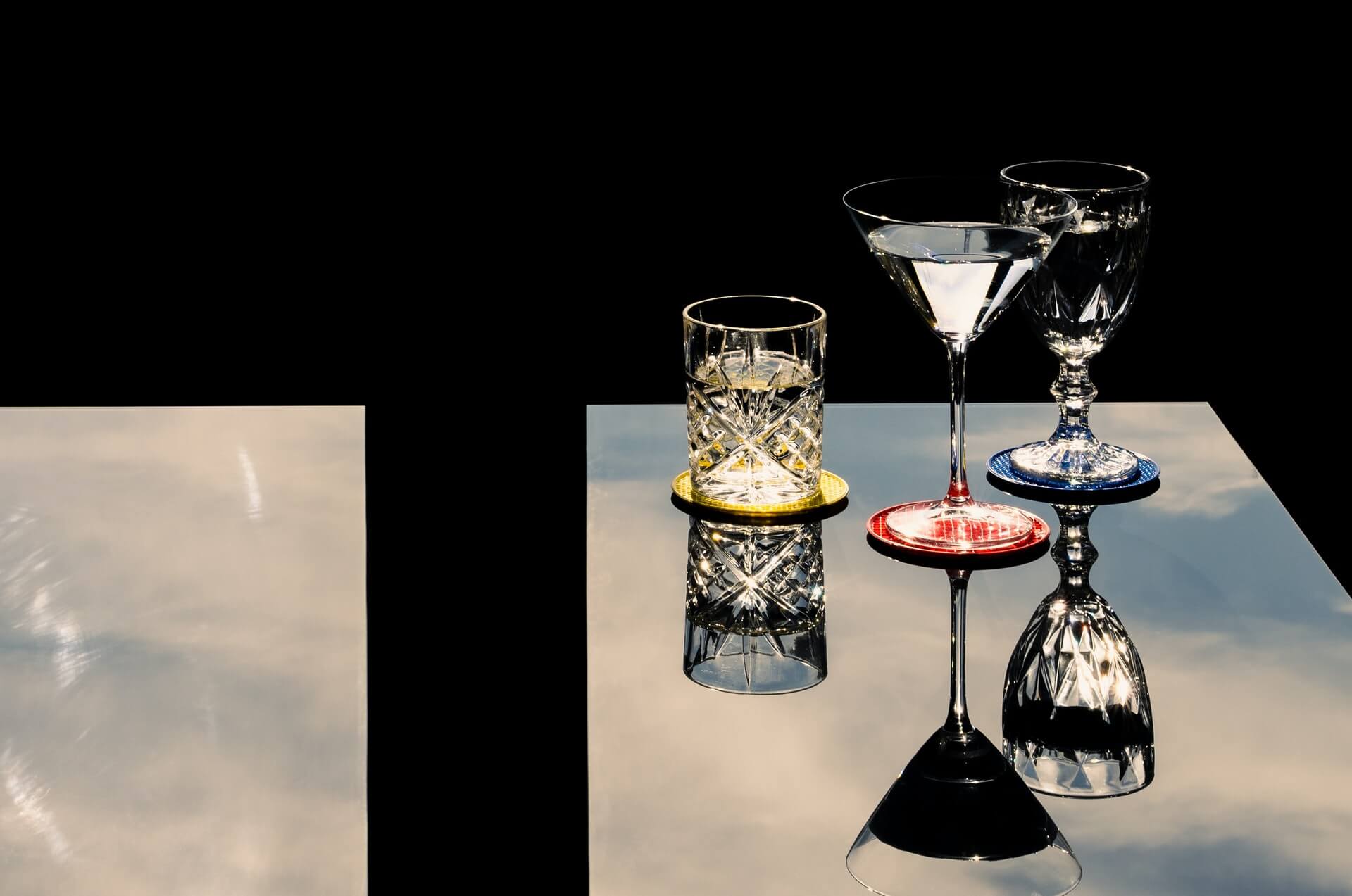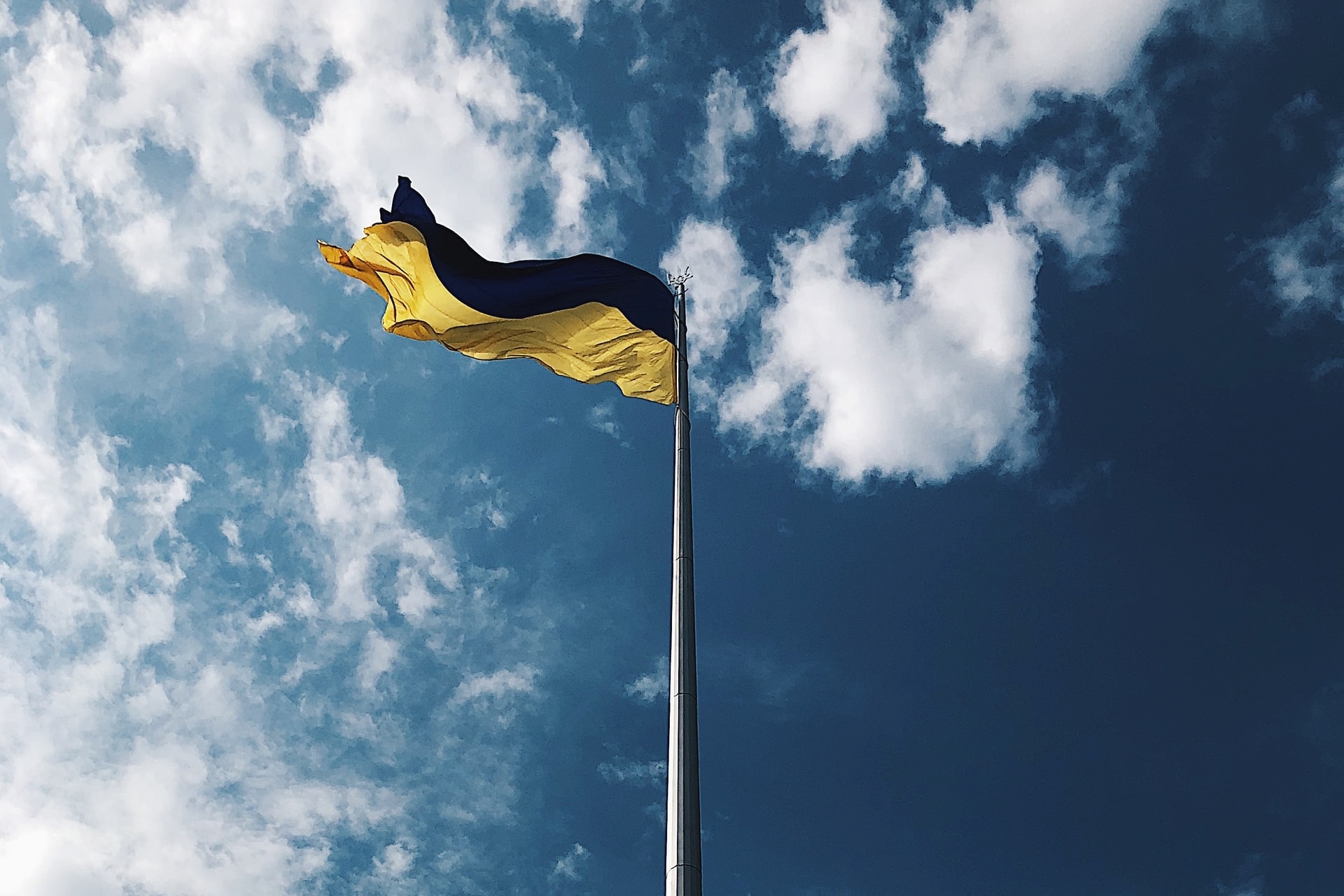Hang On: That Drink Probably Isn’t Russian
by David Klemt

In response to the invasion of Ukraine, some restaurants and bars are pouring out spirits or renaming cocktails they believe are Russian.
Doing so is one way some operators are showing support for Ukraine.
However, people may want to do some research before they pour out a bottle or rewrite their menus. The reason is simple: That bottle or drink may not be Russian.
White or Black Russian
This classic cocktail has zero Russian roots. It was created by a Belgian bartender. Further, the bartender, Gustave Tops, created the drink at a hotel in Brussels.
Unfortunately, that hotel operated for 125 years before closing in 2020.
According to cocktail historians, the drink only has “Russian” in the name because it’s made with vodka.
In fact, people have created riffs on the White/Black Russian just by replacing a single ingredient. Variants include the White Belgian, White Cuban, and White Canadian.
Moscow Mule
The Moscow Mule is 81 years old. And it was born in…Santa Monica. One of the most notable things about Santa Monica is that it’s located in California, which is in America.
As the story goes, a salesman representing Smirnoff strolled into the Cock ‘n Bull Pub. The owner of the pub had purchased a bunch of ginger beer he was having trouble moving.
In the 1940s, supposedly, it was difficult to sell vodka or ginger beer. But what about vodka and ginger beer? According to legend, the two men created the Moscow Mule in a mutually beneficial sales move. The rest is cocktail history.
Obviously, the name has Russian roots. Smirnoff vodka was at one time a Russian vodka (more on that below). But no, the cocktail isn’t a Russian cocktail in so far as it was invented in America.
There are companies that have made copyright claims but they’ve largely gone nowhere.
Smirnoff Vodka
Pouring out bottles of Smirnoff isn’t going to stick it to any Russians. The brand is now owned by Diageo, a British company.
The vodka itself is produced in several countries, including Canada, Ireland, and the US. Not a drop is made in Russia.
Originally, the vodka was produced in Moscow. Pyotr Arsenyevitch Smirnov founded the distillery in 1864. However, Smirnov had to sell the brand in 1904 after Tsar Nicholas II nationalized the Russian vodka industry.
Smirnov and his family fled Russia in 1917 in response to the October Revolution.
In reality, with the exception of very specialized bars and off-premise shops, it’s not common to come across authentic Russian vodka. Beluga, Jewel of Russia, Mamont, Russian Standard, and Zyr are some of the few people may come across at a restaurant, bar, or liquor store.
The Problem
It may seem like a middle finger to Russian president Vladimir Putin to erase the country from menus. Renaming cocktails or removing Russian brands feels like a show of solidarity, on the surface.
In reality, doing so is dangerous. It’s a vilification of all Russian people, even if it doesn’t feel like it. Pulling certain brands may put a dent in someone’s bottom line. However, “sanitizing” a menu by removing everything Russian may send an irresponsible, unintended message: Russian people are bad.
We don’t have to look far back into history at all to see what can happen when we vilify an entire group of people. Violence, harassment, discrimination… In these tense, divisive times, it’s all too easy for people to become desensitized and even engage in truly horrible behavior.
I’m appalled by what’s happening in Ukraine. Everyone at KRG Hospitality is horrified by Putin’s invasion. A single drop of blood spilled is too much; Putin’s hands are covered in innocent blood.
But I’m not going to show my support by declaring or otherwise acting like all Russians are bad people. One person—and his complicit inner circle—is responsible for the ongoing attack on Ukraine.
Let’s not forget that, and let’s not forget that words and actions have consequences. It’s all too easy for people to take things too far and for innocent people to get hurt.
Image: Vinicius “amnx” Amano on Unsplash

